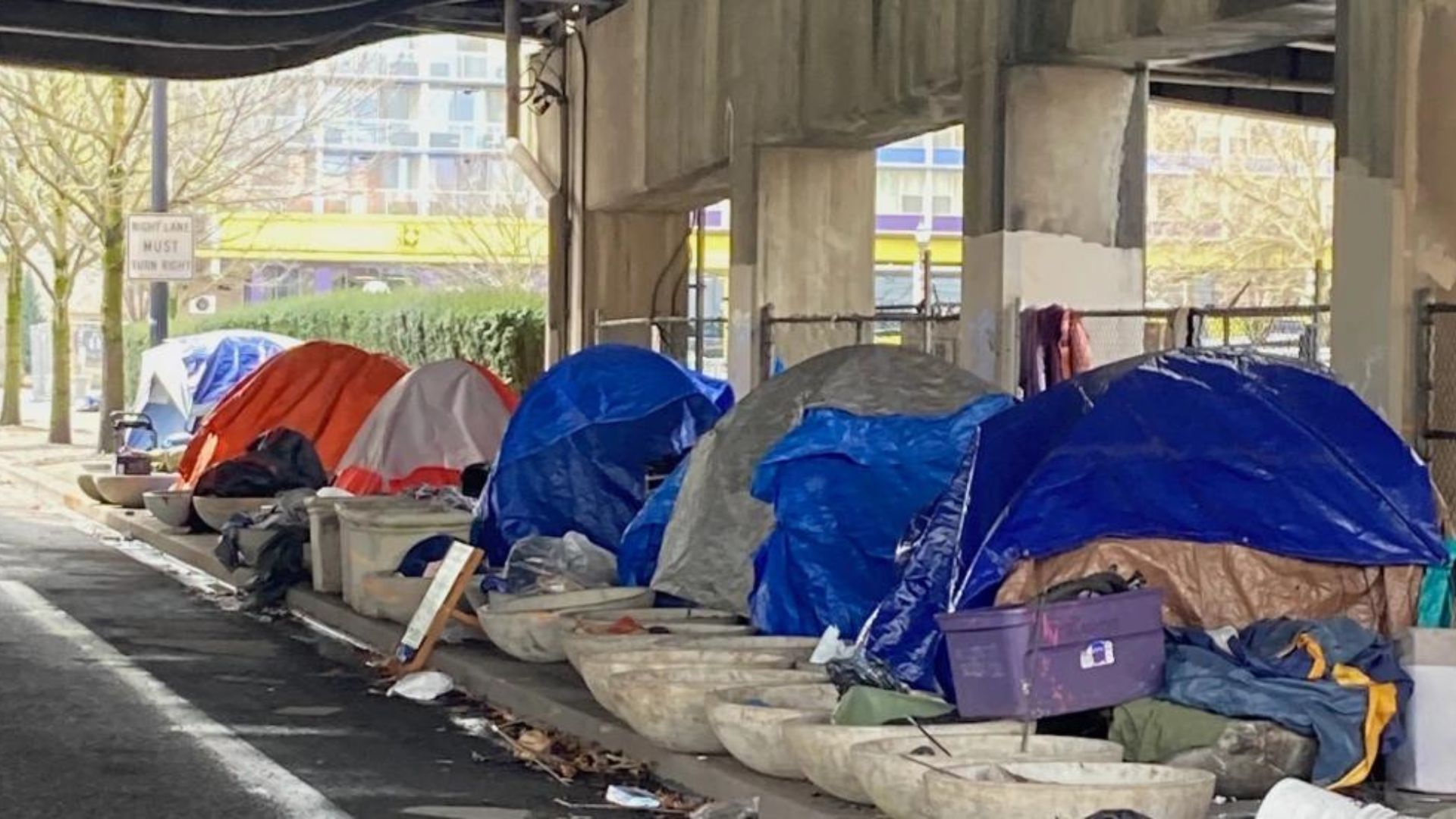Experts say that Portland has experienced a relatively steep decline over the last four years. In fact, some even say the data shows a staggering $1 billion loss.
According to a recent analysis, Multnomah County, Oregon, the county in which Portland is situated, witnessed a substantial income drop amounting to $1 billion from 2020 to 2021. This decline can be attributed to a blend of factors, though one of the leading causes was the option of remote work during pandemic restrictions, which enabled individuals to reside outside the city.
Additionally, Portland’s marked tolerance for frequent riots throughout 2020 played a role in this economic setback.
The city and state, both of which are under Democratic leadership, seemed to dismiss instances where rioters attacked law enforcement officers working to safeguard federal facilities, including the city’s federal courthouse. The resulting damages from these riots amounted to approximately $2.3 million—yet another substantial loss to be added to the $1 billion that departed from the city.
To be clear, this particular analysis specifically focused on the losses incurred between 2020 and 2021. However, it’s highly likely that these losses have escalated since then, as Portland’s state of decline has deepened. Instances of deaths from drug overdoses have become more prevalent, with fentanyl-related fatalities witnessing a staggering 212% increase since 2020. Homelessness in the city surged by 52% from 2019 to 2022, and despite experiencing around three decades of continuous growth, the city’s population has now declined for the past three years.
Much like several large cities around the U.S., Portland chose to turn a blind eye to what is often referred to as “quality of life” crimes, ultimately sacrificing the very quality of life the residents there once cherished.
The city’s natural spaces have fallen victim to homeless encampment contamination, along with the associated waste, litter, and unsanitary conditions, erasing the gains made through millions of dollars of former investments. Within the scattered tent city encampments across Portland, violence has taken root, fueled by the presence of fentanyl and other potent drugs that the city decided to legalize just a few years back.
People are now questioning whether or not Portland gained any insights from these past four years of suffering. Despite ongoing issues, homeless encampments endure in defiance of supposed bans, the legalization of hard drugs persists, and Mayor Ted Wheeler remains firmly in his position. What we’re now seeing is the region’s amplified drug presence, the declining financial state, and the growing undesire for potential residents.
If Democratic cities want to embark on a path toward recovery, acknowledging the existence of problems is crucial.
However, Portland is so tightly tethered to its “progressive identity” that it struggles even with this fundamental acknowledgment. Despite the rampant homelessness, rising death tolls, and a declining population that has so far drained over $1 billion from the greater county, the government seems resistant to breaking free from the mindset it has had for so long.


































































